Head & Brain Injury Claims
What Are Head And Brain Injury Claims?
The definition of a head injury relates to any trauma that has occurred to the scalp or skull. In terms of brain injury compensation claims, that trauma would have penetrated the skull and caused trauma to the brain itself, including issues with the tissue and the layers surrounding the brain.
In general, head injuries can fall into two categories. Firstly, there are closed injuries where an individual receives a blow which doesn’t penetrate the skull. Open incidents, instead, penetrate through the skull and they can also affect the brain.
Brain and head injury claims will usually fall into one of these two categories.
What Are The Most Common Types of Head And Brain Injuries And Their Symptoms?
Head and brain injuries take many forms and, if you are unsure as to whether symptoms can result in a potential claim for compensation, you should always get in touch with an experienced solicitor.
However, many head injury compensation claims and brain injury claims will fall into obvious categories and these include:
Car and vehicle accidents,
Trips and Falls,
Sports Injuries,
Physical Assault,
Accidents at home or work,
Accidents in an outdoor setting.
The range of head injury symptoms may vary but many may relate to concussion. Typical concussion injury types can include post concussion syndrome as well as the immediate effects of concussion itself ranging from minor bumps to fractured skulls.
As for symptoms of brain injuries, dizziness may be a minor concern while prolonged and serious headaches may suggest a severe brain injury. To pursue a concussion injury claim or any head or brain injury claim, we will explain what you need to do in the next section.
How to Make A Claim for A Head And Brain Injury
The first step in the claims process is to contact a solicitor. Following an initial consultation, that solicitor will then make the essential notification to the Injuries Board. Head and brain injuries are complex medical issues and head injury compensation claims can be equally complicated. Therefore, the best approach is to appoint a solicitor with extensive experience of head and brain injury claims, and they will then contact the injuries board on the individual’s behalf.
Once the incident has been registered, consultation between the potential claimant and the solicitor will follow and it can then be established if a claim is likely to be successful. The benefits of appointing a solicitor to handle head and brain injury claims are multi-faceted and it’s a logical solution to what can be a potentially complicated area.
How Long After A Head And Brain Injury Can You Claim?
In general, anyone who has suffered a head and/or brain injury has two years from the date of knowledge to report the matter before proceeding with a claim. The term ‘date of knowledge’ is pivotal here and it doesn’t necessarily mean the date that the incident occurred and the injury was sustained.
In legal terms, this refers to a specific point in time when it became clear that there was a significant injury, that this injury was caused by the negligence or willful act of assault by a third party and that the third party in question is known to the plaintiff.
In the majority of brain and head injury claims, this point will become obvious when the incident occurs but in some cases, trauma and other conditions may not manifest immediately. However, it is important to be aware of the two year limit currently in place for all brain and head injury compensation claims.
What Is The Average Payout for A Head And Brain Injury?
The list of head injury compensation payouts covers an exceptionally broad range of figures and the exact sum that a potential claimant may receive depends on a number of different criteria. These might include:
The nature and severity of the injury,
The cost of medical bills,
Costs in terms of loss of earnings.
All head and brain injury claims are treated on an individual basis and we can discuss potential payouts when we have established that there is a case to submit. However, it is still possible to list average figures for brain and head injury compensation claims that we have dealt with in the past.
It’s a sad fact that severe brain injuries can be life changing and it is the case that payouts have exceeded 1 million Euros on occasions. At the other end of the scale, more moderate brain injury claims might attract an average payout of 50,000 Euros. Payouts for head injury compensation claims can be less, especially if a full recovery has been made or is expected.
The figures involved will depend greatly on the factors outlined and each case will be considered on an individual basis.

